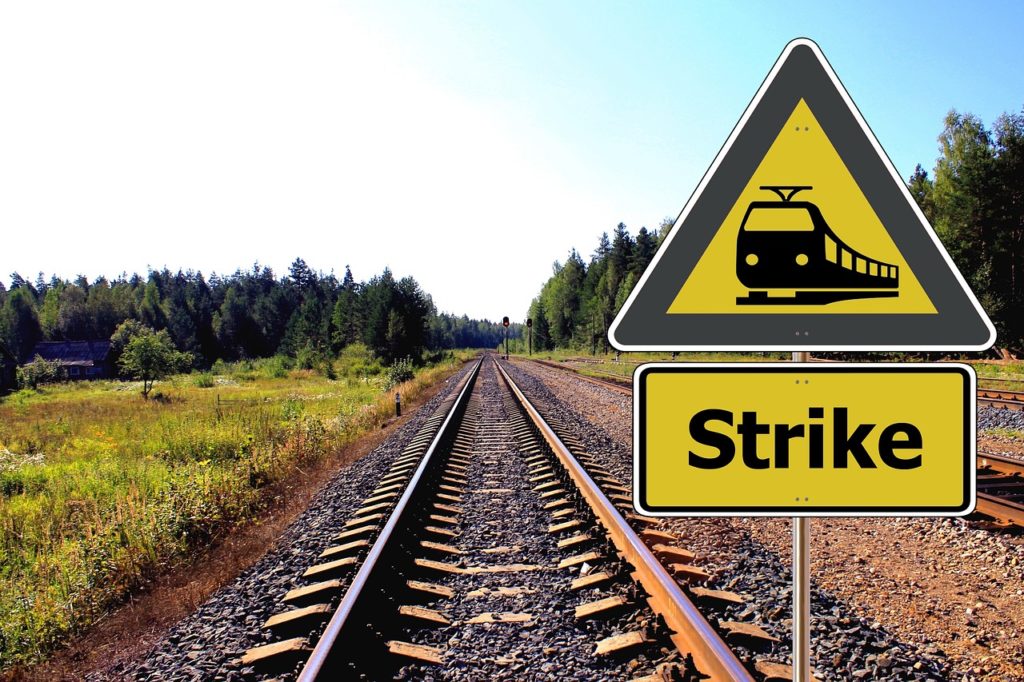Given the recent events happening in France, from petrol shortages to transport strikes, employers might wonder if they have to pay their employees who cannot come to work because of a transport strike.
First of all, if employees find themselves in a situation where they cannot come to work because of a transport strike, they should immediately warn their employers. It is then necessary to check whether the employee has another way of coming to work, for example, by foot if they work close to the company. If this is not possible, employees could work remotely for the day, when applicable.
Otherwise, employees should be able to have an authorized absence for the day, as it is not considered misconduct on their part. Therefore, employees can take a day off from their paid leave, or, if not possible, from their unpaid leave.
In any case, employers do not have to pay their employees who cannot come to work as it is not considered a “force majeure” event. Indeed, to be considered as “force majeure”, an event should be: external, unpredictable and irresistible. It does not seem like a transport strike, usually announced a few days ahead, could be considered as unpredictable.
In conclusion, employers are not obliged under French law to pay their employees when they cannot come to work because of a transport strike.

